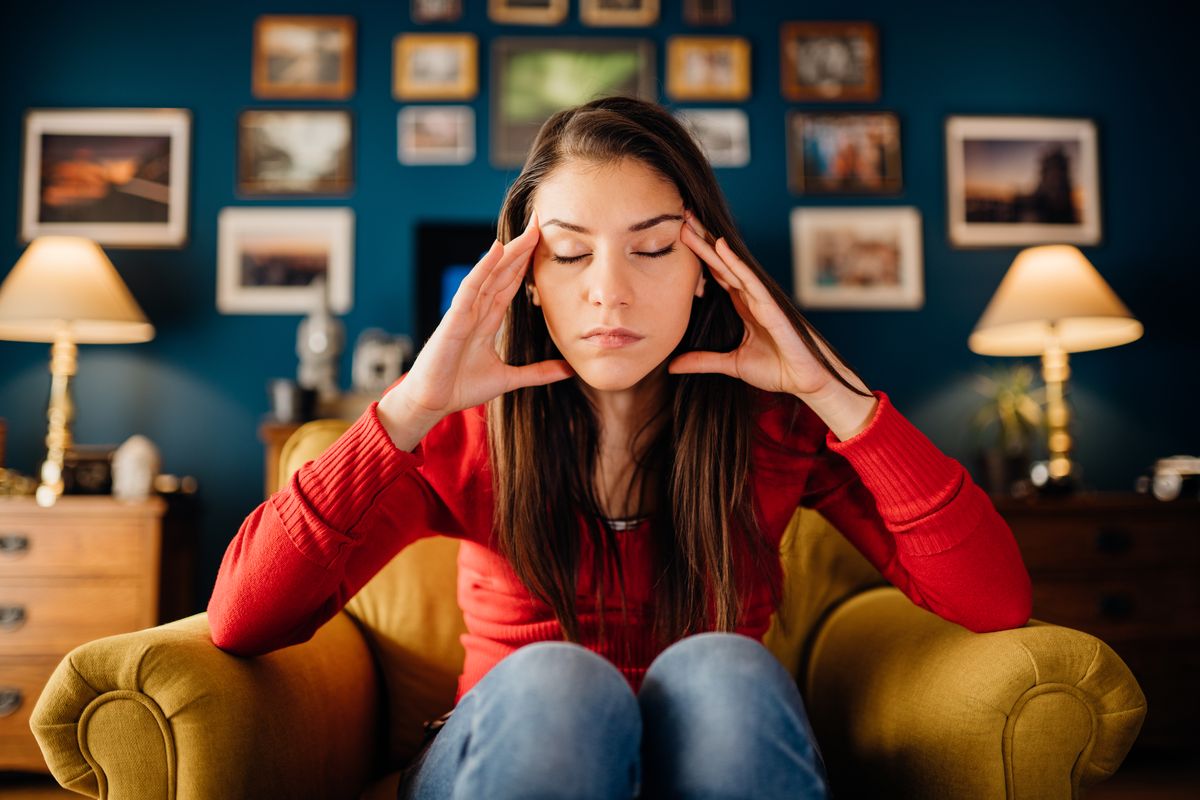Health
Anticipatory anxiety: what it is and what to do to better manage it

Anticipatory anxiety is a psychological disorder that can become disabling: let's see what the symptoms are and, above all, the cure.
Have you ever felt particularly agitated before an event? Have you also had catastrophic thoughts? If this ailment hasn't prevented you from carrying out what scared you, there's nothing wrong with it, but if it has paralyzed you, it's time to intervene. It's about anticipatory anxiety and, fortunately, with a psychotherapy journey it will be just a bad memory.
Anticipatory anxiety: symptoms
As the name suggests, anticipatory anxiety is that deep agitation one feels before a given event. Whether it's a medical visit, a university exam or a simple walk with friends, it doesn't matter. When you feel particularly restless before an appointment and you start wandering with your mind, asking yourself endless questions about what will happen, we are talking about anticipatory anxiety. Obviously, we are not referring to that healthy agitation that one feels in certain circumstances, but to that fear that leads one to feel uncomfortable at the mere thought of having to do a given thing and to imagine catastrophic scenarios. This emotion becomes disabling the moment you start avoiding places or situations that generate anxiety .
The symptoms are clear: muscle tension and pain, excessive sweating, lump in the throat, tremors, numbness, rapid heartbeat, tiredness and fatigue, headaches and other psychosomatic complaints, lack of appetite, sleep disturbances, difficulty concentrating and taking decisions, rumination of thoughts, avoidance of the feared situation, confusion, loss of hope, fear of losing control, irritability, feeling of constant alertness, worry and social isolation.
Anticipatory anxiety: how to fight it?
Anticipatory anxiety is cured , so rest assured. Obviously you need a lot of patience and a little goodwill, but you will get to manage it. When this disorder limits daily actions, a psychotherapy journey is necessary. The therapist will be able to tell you whether you need medication or not. Again, don't think it's a catastrophe. However, know that anticipatory anxiety has other remedies as well.
First, try relaxation techniques that can come in really handy in everyday life. Guided meditation is excellent, which allows you to return to the here and now at any time of the day. Breathing with the diaphragm and a little sport that releases endorphins and allows you to sleep better is also fundamental.
Riproduzione riservata © - WT











